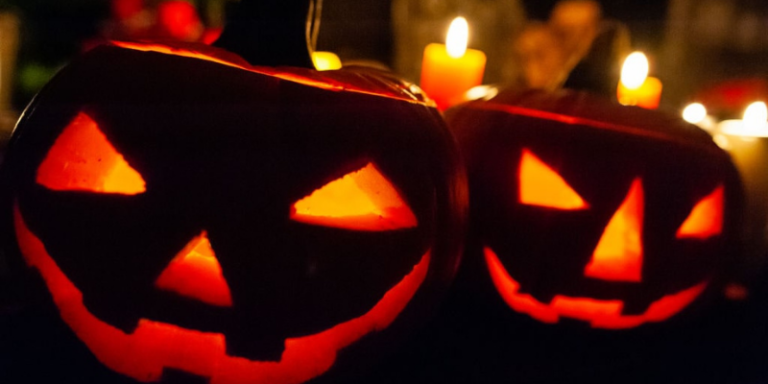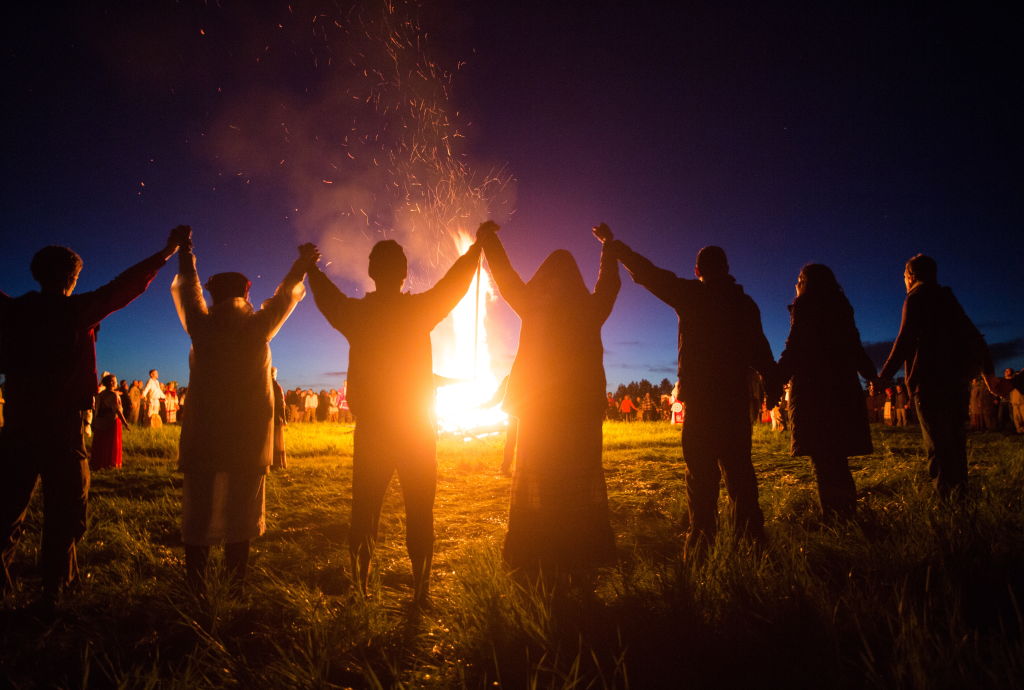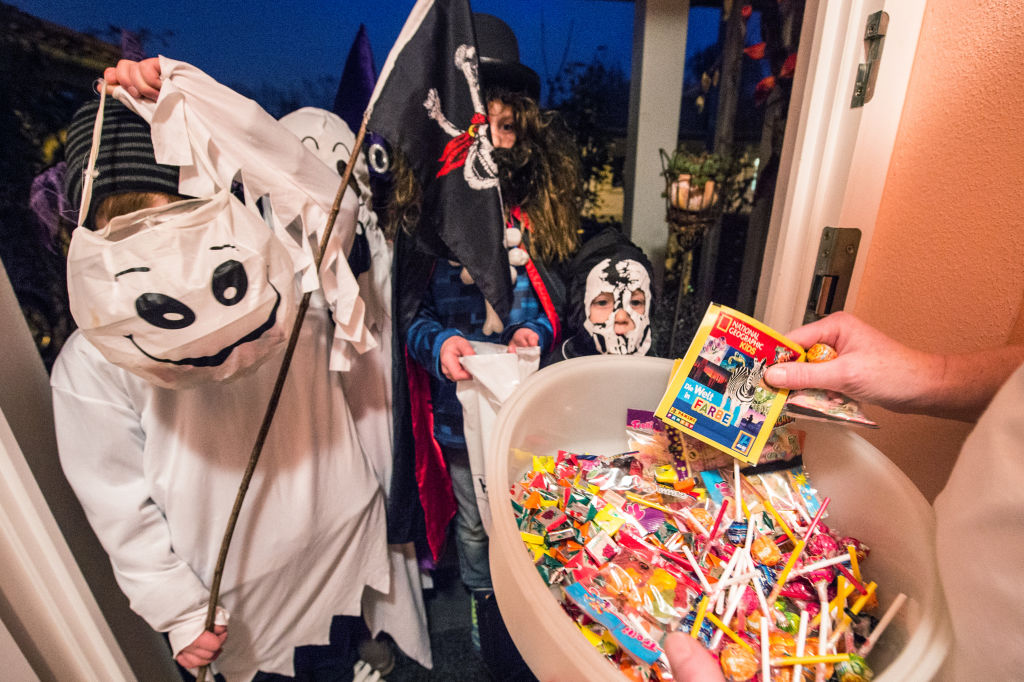The Story Behind Halloween
The ancient Celts thought spirits and ghosts roamed the land on this day.
By: Kelli Ballard | October 26, 2022 | 459 Words

(Photo by Romy Arroyo Fernandez/NurPhoto via Getty Images)
Halloween wasn’t always the fun, carefree event it is today. The holiday originated with the Celtic people, who lived in what is now Britain and Ireland. The Celts did have some fun and even dressed up in costumes, but overall it was a serious occasion that involved the entire village.
The tradition started, as far as we know, at least 2,000 years ago with the ancient festival known as Samhain (pronounced “sow-win”), meaning “summer’s end.” The festivities began on October 31 and ended on November 1. Samhain was the end of the Celtic calendar year; it marked the end of the light half of the year (summer) and the beginning of the dark (winter) times.
The Celts believed that this time of year allowed for the barrier between the living and the dead to be breached. Not only could deceased family members visit, but so could other entities such as ghosts and fairies.

(Photo by Dmitry Feoktistov\TASS via Getty Images)
Bonfires were lit in fields and villages to ward off evil spirits and witches. The people would let their hearth fires burn out, something not usually done as it was the only source of heat in homes. They would harvest their fields during the day. At night, on Samhain, they’d gather around bonfires while Druid priests provided blessings to keep ghosts and otherworldly creatures away. Each villager would take a long stick and light it from a bonfire, carrying it back to their homes to relight their hearth.
Offerings of food were left in fields and around villages to appease spirits that might be wandering about. To protect themselves from evil spirits, people wore costumes. Furs and other disguises were worn in hopes of blending in with the ghosts roaming the land so that people would not be recognized as humans and kidnapped.
Those who dressed up also visited their neighbors and sang songs for the dead. They were rewarded with cakes for their caroling efforts.

(Photo by Armin Weigel/picture alliance via Getty Images)
Present-day Halloween is a blend of ancient Irish and Scottish traditions, with some modern adaptations. In America, it is not a religious holiday for most people. In fact, many Christians prefer not to observe Halloween at all. Those who do participate still wear costumes, but not to hide from ghosts. Instead of cakes as a reward for for caroling we now have candy in exchange for “threatening” neighbors by saying “trick or treat.”
While many of the traditions from centuries ago have survived, the seriousness and purpose behind the holiday have changed to the spooky fun we now enjoy.
















